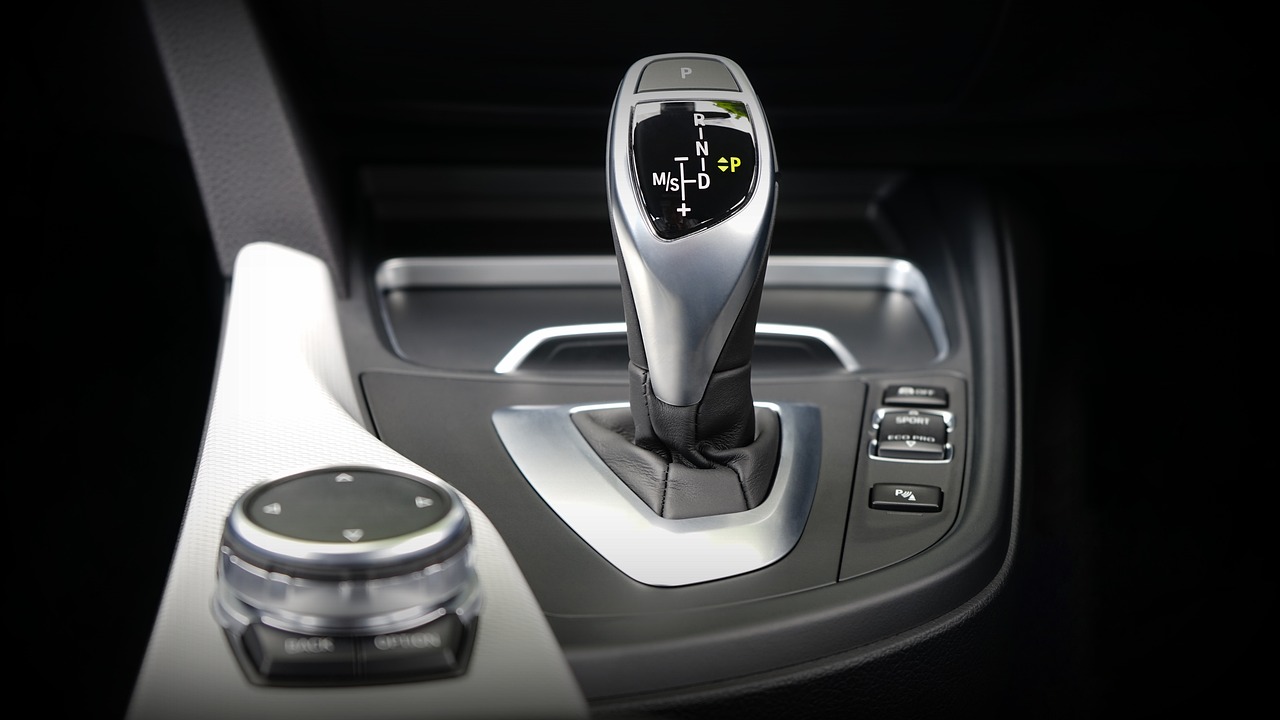The Psychology of Autonomous Vehicle Adoption: Overcoming Fear and Skepticism
When considering the psychological factors influencing autonomous vehicle adoption, it is essential to delve into the role of trust and familiarity. Research suggests that individuals are more likely to embrace self-driving cars when they feel a sense of trust towards the technology and when they become more familiar with its capabilities. Trust can be fostered through transparency in how autonomous vehicles operate and through clear communication of their safety features. Familiarity, on the other hand, can be developed through exposure to self-driving cars in various settings and through positive experiences with the technology.
Furthermore, the concept of perceived control plays a significant role in the adoption of autonomous vehicles. Individuals tend to feel more comfortable with technologies that allow them to maintain a sense of control over their environment. Autonomous vehicles challenge this notion, as they require individuals to relinquish control over the driving task to the technology itself. Understanding and addressing individuals’ concerns regarding loss of control is crucial in fostering acceptance and adoption of self-driving cars.
Understanding Fear and Skepticism Towards Self-Driving Cars
Fear and skepticism towards self-driving cars are common reactions among many individuals who are hesitant to embrace this new technology. The idea of relinquishing control of a vehicle to artificial intelligence can be unsettling for some, as it challenges the traditional notion of human control over machines. This fear is often exacerbated by concerns about the potential for technology failures or accidents, leading to a lack of trust in the reliability of autonomous vehicles.
Moreover, skepticism towards self-driving cars is also fueled by a general resistance to change and a preference for familiar ways of doing things. People may feel uneasy about letting go of the steering wheel and placing their safety in the hands of technology that they do not fully understand. The unknown aspect of self-driving cars, coupled with media reports of accidents involving autonomous vehicles, further contribute to the skepticism and apprehension that many individuals have towards this emerging technology.
Cognitive Biases Impacting Perceptions of Autonomous Vehicles
Cognitive biases play a significant role in shaping individuals’ perceptions of autonomous vehicles. People often rely on mental shortcuts and heuristics when forming opinions about new technologies, leading to biased judgments. For instance, the confirmation bias may cause individuals to seek out information that supports their existing beliefs about self-driving cars while dismissing contradictory evidence. This selective attention can hinder objective evaluations of the benefits and risks associated with autonomous vehicles.
Moreover, the availability heuristic influences how people perceive the safety of self-driving cars. If individuals are frequently exposed to news reports highlighting accidents involving autonomous vehicles, they may overestimate the likelihood of such incidents occurring. This availability bias can lead to inflated fears and skepticism towards self-driving technology, despite statistical evidence suggesting that autonomous vehicles have the potential to reduce road accidents.





